People are more worried about their Netflix queue than the planet literally burning around them.

Record heat is killing thousands of people every summer, entire cities are flooding, and wildfires are destroying everything in their path. But most people seem more interested in celebrity gossip than the fact that the world is becoming unlivable. Hurricane after hurricane smashes into coastlines while people debate reality TV drama on social media.
The gap between what’s actually happening to our planet and what people care about is scary. Scientists keep warning us that we’re in serious trouble, but regular folks treat climate change like it’s someone else’s problem. Meanwhile, insurance companies are abandoning entire states because climate disasters cost too much money. The disconnect between crisis and concern has never been wider or more dangerous for human survival.
1. Social media shows people funny videos instead of climate news

Your phone feeds you endless cat videos and dance clips while hiding the actually important stuff about climate change. Research from the Reuters Institute shows that environmental stories get 60% less views than celebrity drama because the algorithms know that climate news makes people feel bad. Social media companies want you scrolling and clicking, not worrying about the planet dying.
These apps are designed to keep you distracted from scary reality. The more time you spend watching pointless videos, the less you think about serious problems. Tech companies know that climate anxiety makes people use their apps less, so they deliberately show you mindless content instead. This means the people who most need to know about climate change are the least likely to see that information on their phones.
2. Everyone thinks someone else will fix climate change

People assume that the government or some billionaire will solve climate change, so they don’t need to worry about it. Scientists at Princeton University found that when everyone thinks someone else is handling a problem, nobody actually does anything about it. This creates a dangerous situation where millions of people are waiting for someone else to save the world.
When your neighbor doesn’t seem worried about climate change, it makes you feel like maybe you don’t need to worry either. Pretty soon, entire communities are ignoring the problem because they think someone smarter than them is working on it. Meanwhile, politicians keep making promises they don’t keep, and tech billionaires keep talking about solutions that don’t exist. The result is that everybody waits for rescue that never comes.
3. Americans worry more about gas prices than their grandchildren’s future

People get angry when gas costs fifty cents more per gallon, but they ignore news about temperatures hitting record highs every summer. Your brain is wired to focus on problems that hit your wallet this week rather than threats that might destroy civilization in twenty years. Rising grocery bills feel urgent and real, while melting ice caps feel distant and abstract.
This mental wiring made sense when humans lived in small tribes facing immediate dangers like wild animals or food shortages. But now it prevents us from responding to slow-moving disasters that could end modern life as we know it. Politicians exploit this tendency by campaigning on gas prices and inflation while avoiding conversations about long-term climate planning that might require difficult changes or higher taxes.
4. Too much bad news makes people stop caring about everything

Breaking news alerts hit your phone every few minutes, creating an endless stream of disasters and emergencies. Climate problems get buried under celebrity scandals, political fights, and sports updates until nothing feels really important anymore. Stanford University researchers found that getting hit with constant bad news actually makes people care less about serious problems, not more.
Your brain wasn’t built to handle hearing about disasters all day long. After a while, you just shut down emotionally because it’s too much to process. Yesterday’s hurricane gets forgotten when today brings a new crisis to worry about. This creates a situation where people treat real emergencies like background noise instead of urgent problems that need immediate attention and action from everyone.
5. Oil companies taught people to ignore climate science for fifty years
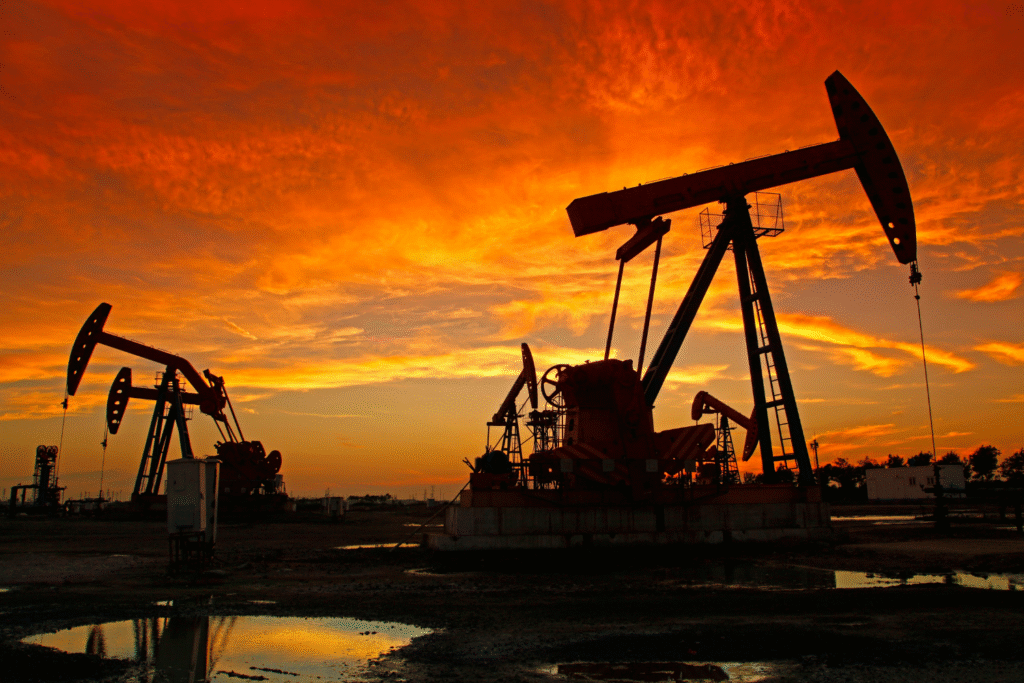
Big oil companies knew climate change was real back in the 1970s, but they spent billions of dollars convincing people it was fake or not a big deal. They hired scientists and advertisers to make people confused about basic facts that were already proven. Their strategy was to make people think that climate change was just an opinion, not scientific reality.
This confusion campaign worked so well that many Americans still don’t believe in climate change even though every major scientist agrees it’s happening. Oil companies also convinced people that individual actions matter more than corporate pollution, making you feel guilty about using plastic bags while they pump millions of tons of carbon into the air. Even today, many people treat climate science like it’s just one side of a political argument instead of proven fact.
6. People’s brains shut down when problems feel too big and scary
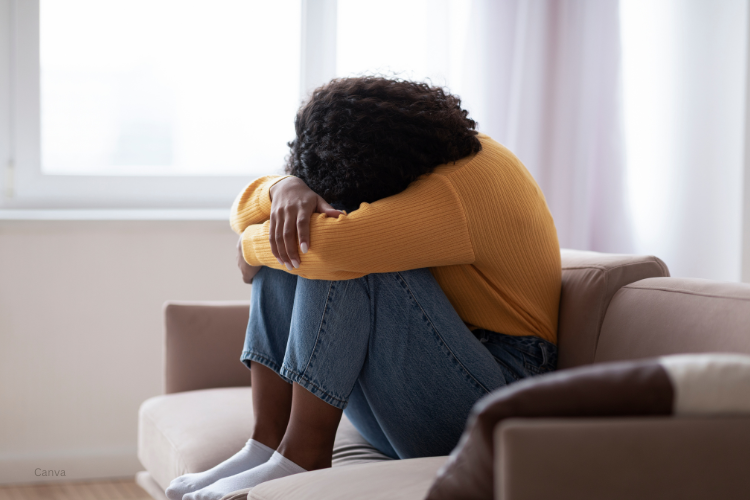
Human psychology has built-in protection against information that feels too threatening to handle. Thinking seriously about climate change means admitting that your whole way of life might need to change, which feels impossible for people already struggling with daily problems. Most people unconsciously choose comfortable lies over scary truths that would require major life changes.
Accepting that climate change is real means accepting that older generations made huge mistakes and that your current lifestyle is hurting people around the world. That mental conflict becomes too painful, so people just decide that climate change must be fake instead of dealing with the guilt and fear. This brain protection helped humans survive immediate dangers for thousands of years, but now it stops us from responding to slow-moving threats that could destroy civilization.
7. Politicians turned climate change into a left versus right political fight

Climate science got turned into a political battle where facts matter less than which team you’re on. Conservative media tells people that caring about the environment is a liberal plot to destroy the economy, while liberal media sometimes exaggerates climate threats in ways that make conservatives angry. Real science gets lost in all the political noise and team sports mentality.
Voters treat climate action like picking sides in a football game instead of recognizing that everyone needs a livable planet for their kids. Meanwhile, nothing gets done in Congress because politicians are too busy fighting with each other to pass laws that might actually help. Politicians figured out that they can raise money and win votes by taking extreme positions on climate change, which rewards them for making the problem worse instead of solving it.
8. The economic system rewards companies that pollute the most
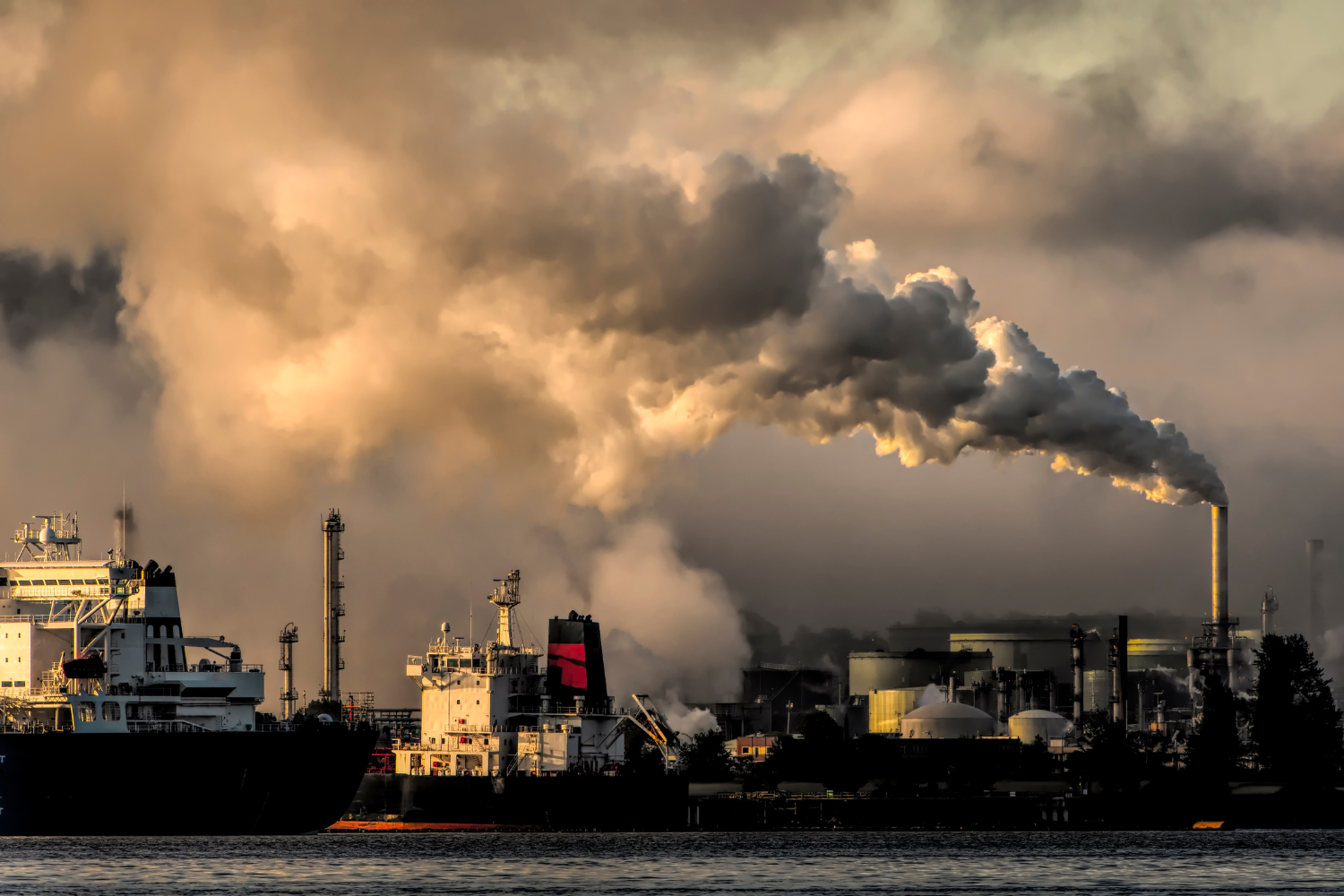
Companies have to report their profits every three months, but climate change happens over decades, so short-term money always wins. Stock markets punish companies that spend money on environmental protection because it cuts into immediate profits. CEO bonuses depend on quarterly earnings, not on whether the planet will be livable in fifty years.
Businesses that try to be environmentally responsible lose money to competitors who don’t care about pollution. The whole economic system is set up to reward companies that destroy the environment fastest while punishing ones that try to be responsible. Investors want maximum returns right now regardless of what happens to the planet later, creating a race to see who can extract the most resources and create the most pollution before their competitors beat them to it.
9. Most people never actually see climate change happening where they live

Climate disasters hit poor countries and poor people first, while wealthy Americans stay comfortable and insulated from the worst effects. Floods in Asia, droughts in Africa, and hurricanes in the Caribbean feel like someone else’s problem when you’re worried about paying rent and finding good restaurants. This distance makes it easy to treat climate emergencies like sad news stories instead of personal threats.
Environmental changes happen slowly in most places until they suddenly cross a line where it’s too late to fix them. By the time climate change becomes obvious in your daily life, the opportunity to prevent it has usually already passed. The people with the most power to demand policy changes are the last ones to experience serious climate impacts, so they never feel enough personal discomfort to actually do something about the crisis.
10. Climate science is too complicated for regular people to understand
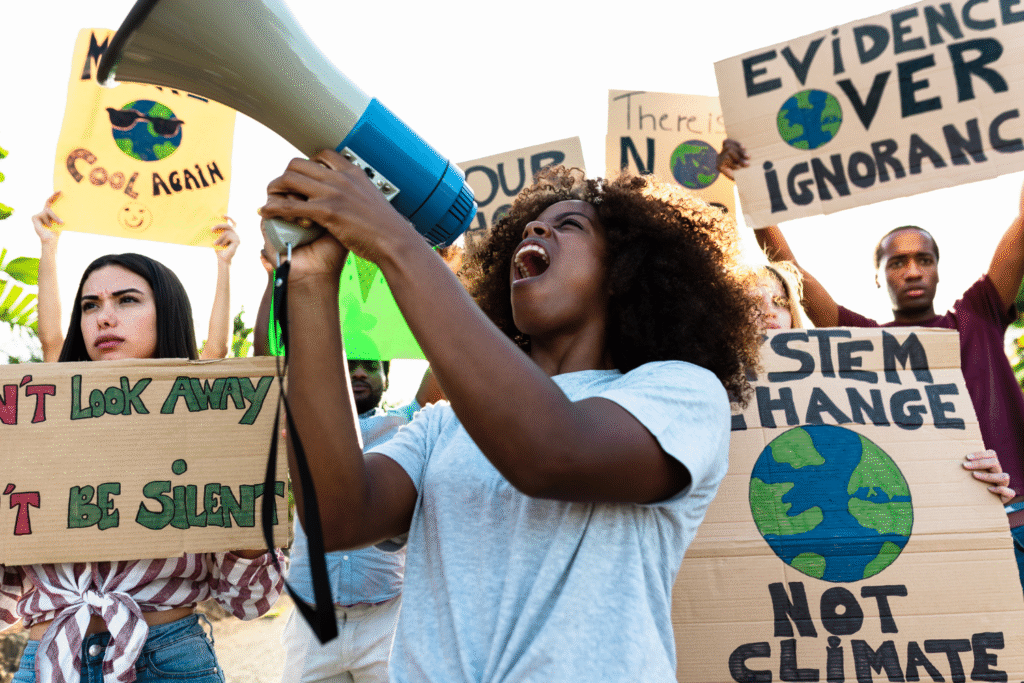
Understanding how climate works requires learning about complicated systems that connect in confusing ways. When ice melts, it makes the ocean absorb more heat, which melts more ice, which makes everything worse faster – but explaining all these connections sounds like a college lecture that puts people to sleep. Most people give up trying to understand it and either ignore the whole thing or just trust whatever their favorite news source tells them.
Simple solutions sound too easy while complex explanations feel impossible for normal people to grasp. The gap between how complicated climate science actually is and how much the average person can understand creates a situation where people either oversimplify everything or get overwhelmed and shut down. When people can’t understand the problem, they either ignore it completely or delegate all responsibility to experts who seem just as confused about what regular people should actually do.
11. Hoping that climate solutions will work feels too risky when everything keeps getting worse
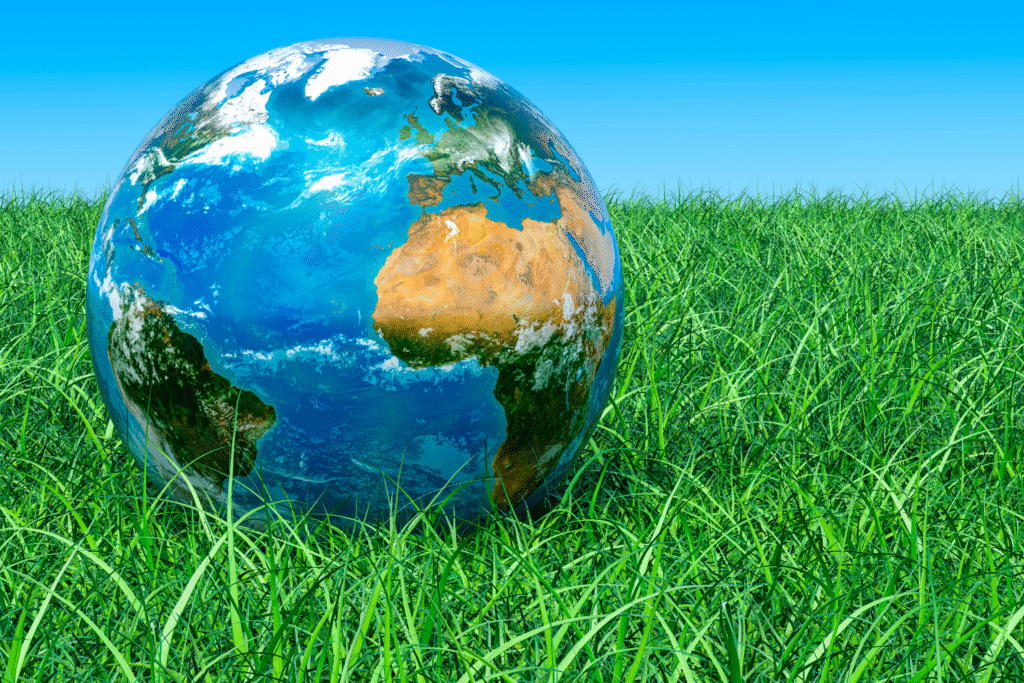
Being optimistic about fixing climate change requires emotional energy that many people can’t afford when they see disasters getting worse every year. Caring deeply about saving the planet means accepting that you might be devastated if efforts fail or come too late to matter. Many people protect their mental health by assuming that climate action is pointless, which removes the stress of worrying about uncertain outcomes.
This defensive pessimism becomes a self-fulfilling prophecy where giving up justifies not trying, which makes failure more likely. Entire communities convince themselves that climate disaster is inevitable, so there’s no point in making sacrifices or changing lifestyles that might not matter anyway. People would rather expect the worst and be emotionally prepared for it than hope for the best and risk being crushed by disappointment if their efforts don’t save the world.
